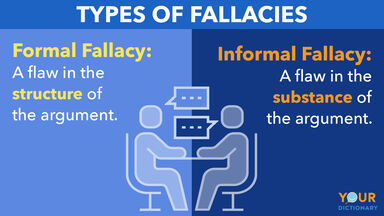Formal Cause Definition
noun
In Aristotelian philosophy, the form into which a thing is made.
Webster's New World
Other Word Forms of Formal Cause
Noun
Singular:
formal causePlural:
formal causesFind Similar Words
Find similar words to formal cause using the buttons below.





